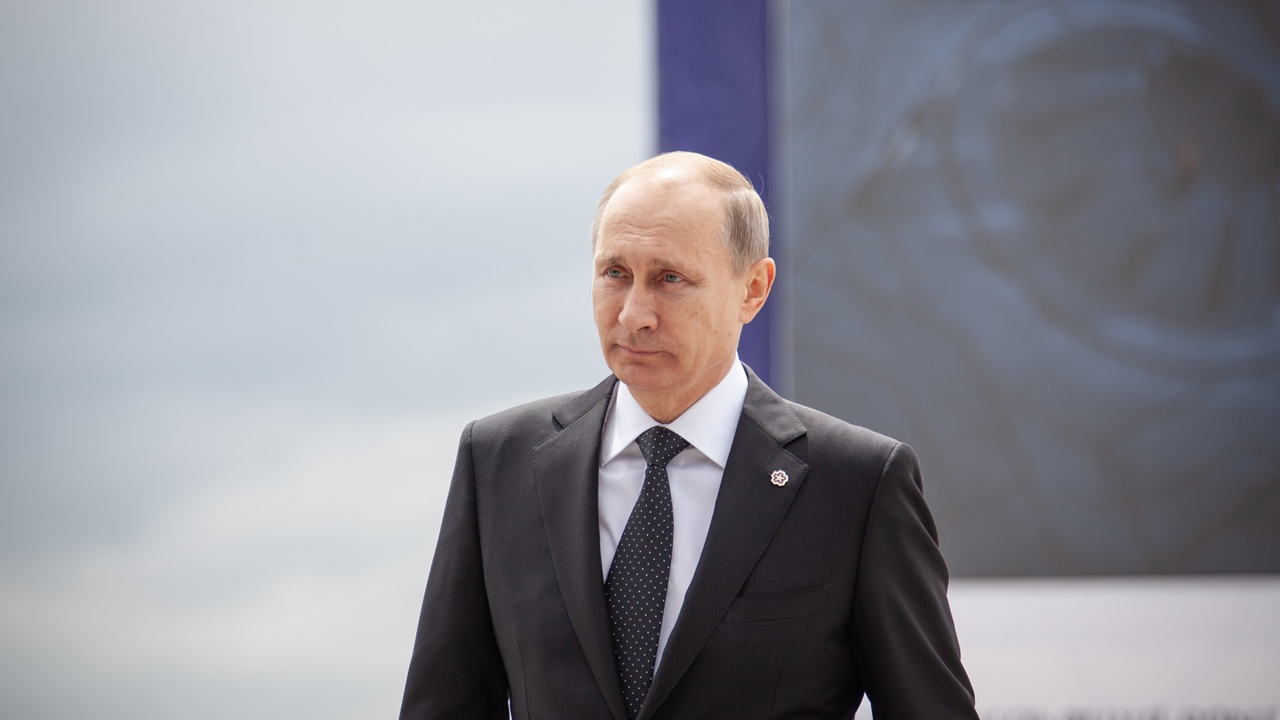A prevailing consensus often directs strategic attention towards one significant global competitor, framing it as the foremost national security concern. However, a critical analysis suggests that another, perhaps less conventionally acknowledged, state currently presents a more immediate and profound challenge to international stability and national interests. This re-evaluation is crucial for effective policy formulation.
For years, strategic thinkers across the political spectrum have focused resources on managing competition with a major economic and technological power, citing its widespread influence and growing global footprint. This perspective has guided policy decisions and resource allocation in various governmental departments, reflecting a deeply ingrained belief in the nature of future global rivalries.
Yet, while the aforementioned nation certainly presents multifaceted challenges, its actions on the international stage do not compare to those of a different sovereign state whose leadership and state-controlled media frequently engage in highly provocative rhetoric, including explicit threats involving extreme military measures against other established nations. This state has also demonstrated a willingness to undermine the sovereignty of its neighbors and disregard established international norms.
The unique danger posed by this particular state stems not just from its aggressive posturing, but from its leaders’ readiness to leverage their strategic capabilities in a manner that destabilizes the global order. Unlike other significant global players, this state’s behavior often skirts the edges of conventional diplomacy, making its actions inherently more unpredictable and perilous for international peace.
Therefore, directing the preponderance of national resources towards mitigating this more immediate and volatile threat becomes paramount. Realigning national security strategy to prioritize containing such aggressive behavior is essential for safeguarding long-term interests and maintaining global equilibrium, especially when traditional foreign policy frameworks might misinterpret the most pressing dangers.
Addressing this pressing challenge requires a robust approach that includes strengthening alliances with like-minded nations and imposing significant economic pressure on entities that sustain the aggressive state’s capabilities. Such measures aim to curtail its capacity for destabilizing actions and encourage a return to adherence to international law and diplomatic engagement.
Furthermore, ensuring the credibility of national deterrence capabilities is vital when dealing with a power that exhibits such a willingness to employ extreme rhetoric. Diplomatic initiatives, while important, must be coupled with clear signals of resolve and a commitment to protecting allies, thereby preventing further escalation and reinforcing global security.
While persistent global challenges remain, the imperative for strategic focus lies squarely on stemming the immediate peril posed by this exceptionally aggressive state. Success in managing this volatile situation will not only secure national interests but also reinforce the broader framework of international cooperation against future, complex global challenges.






Leave a Reply